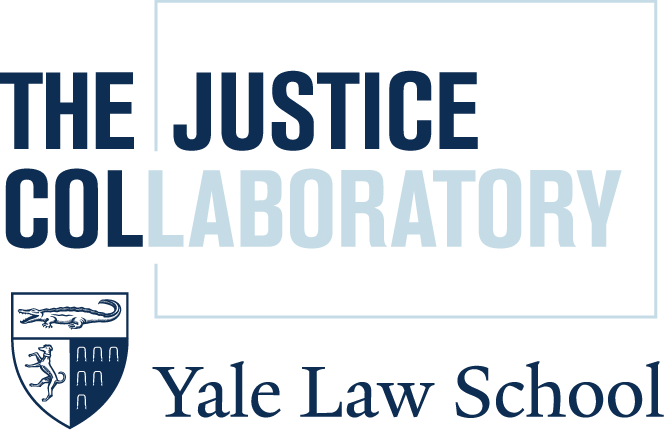Benjamin Justice
Professor of Education and (by courtesy) History, Rutgers University
ben.justice@gse.rutgers.edu • LinkedIn
“Over the last thirty years, the United States has seen a massive shift in how public school teachers are trained. Once trusted in the hands of universities, teacher preparation has become a wild West of providers—from high quality to highly suspicious.”
Benjamin Justice is Distinguished Professor of Education at Rutgers University and Past President of the History of Education Society. He edits the book series New Directions in History of Education for Rutgers University Press.
Dr. Justice holds a B.A. in History from Yale, and a M.A. (History) and Ph.D. (Education) from Stanford University. His scholarship is wide-ranging and interdisciplinary, appearing in journals in education, history, law, social and political science, and philosophy, as well as in mainstream periodicals, radio, and tv. His book, The War That Wasn’t: Religious Conflict and Compromise in the Common Schools of New York State, 1865-1900, provides a social history of the micropolitics of religion in public schools. In Have a Little Faith: Religion, Democracy, and the American Public School (coauthored with Colin MacLeod), he looks at tensions between religious pluralism and democratic ideals from historical and contemporary perspectives. He is also editor of The Founding Fathers, Education, and the Great Contest, which examines educational ideas in the early American Republic, and the methods by which historians uncover them.
Currently Dr. Justice is developing a line of research that examines the ways in which the US criminal legal system creates citizens. This work builds innovative connections between legitimacy theory and curriculum theory, positing that criminal legal processing constitutes an educational system that follows both a formal and a hidden curriculum. The dominant variables in these competing curricula, he argues, are race and class. Dr. Justice has written several articles on the subject and is currently writing a book with coauthor Tracey Meares that seeks to understand how experiences with police, courts, and pre-trial detention shape civic identity.
Dr. Justice has received numerous accolades and appointments for his scholarship, including the Russell Sage Visiting Scholar Program, AESA Critics Choice Book Award, the AERA Outstanding Reviewer Award, A National Academy of Education/Spencer Post-Doctoral Fellowship, the Charlotte Newcombe Dissertation Fellowship from the Institute for Citizens and Scholars, Researcher of the Year from the New York State Archives, and awards in service, teaching, and research from Rutgers University and the Graduate School of Education. From 2011-2019 he served on the US History Standing Committee of the National Assessment of Educational Progress (NAEP).
Publications
Books
Have a Little Faith: Religion, Democracy, and the American Public School
Published on 11/1/2016 by University of Chicago Press


